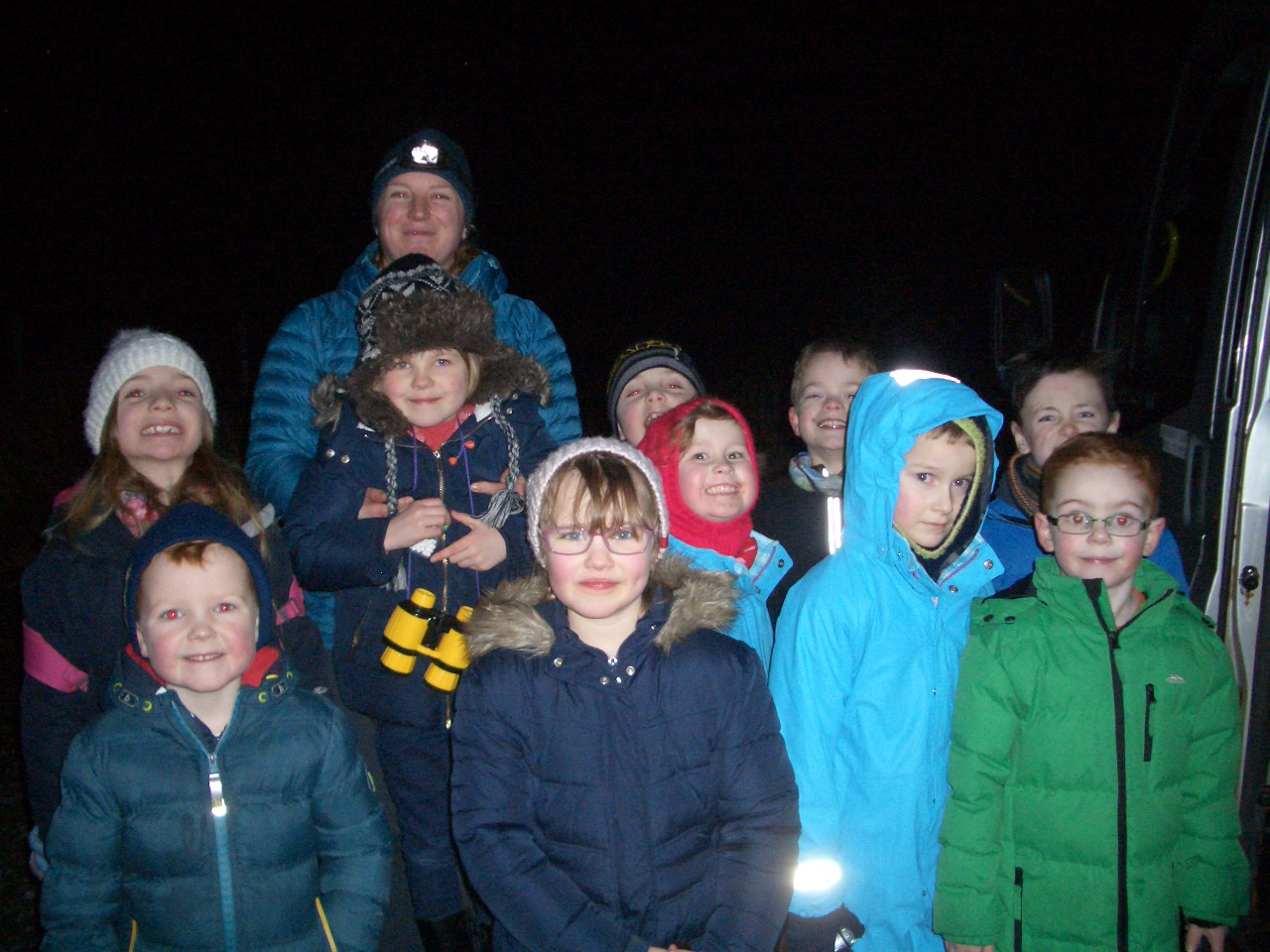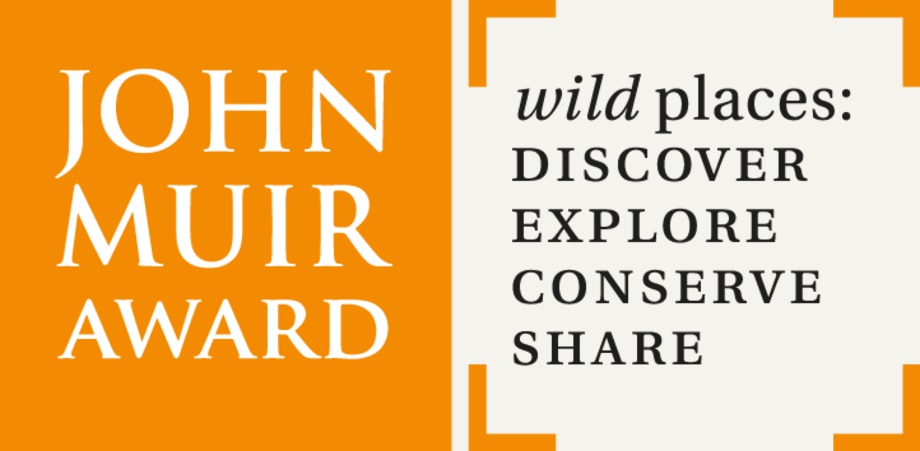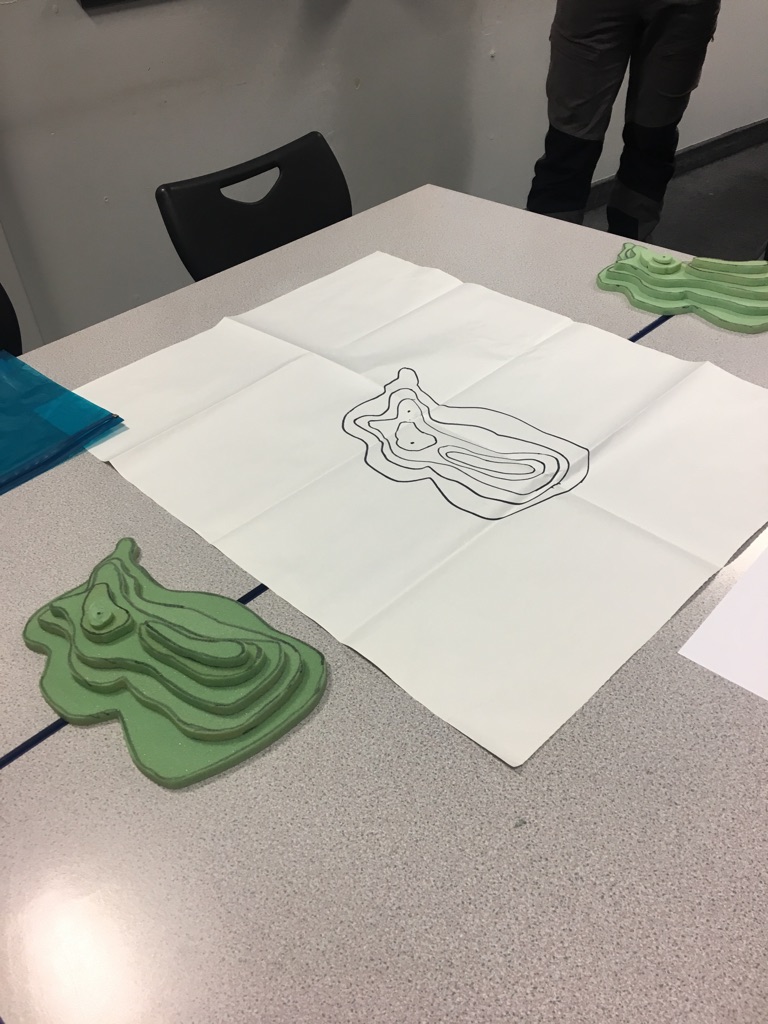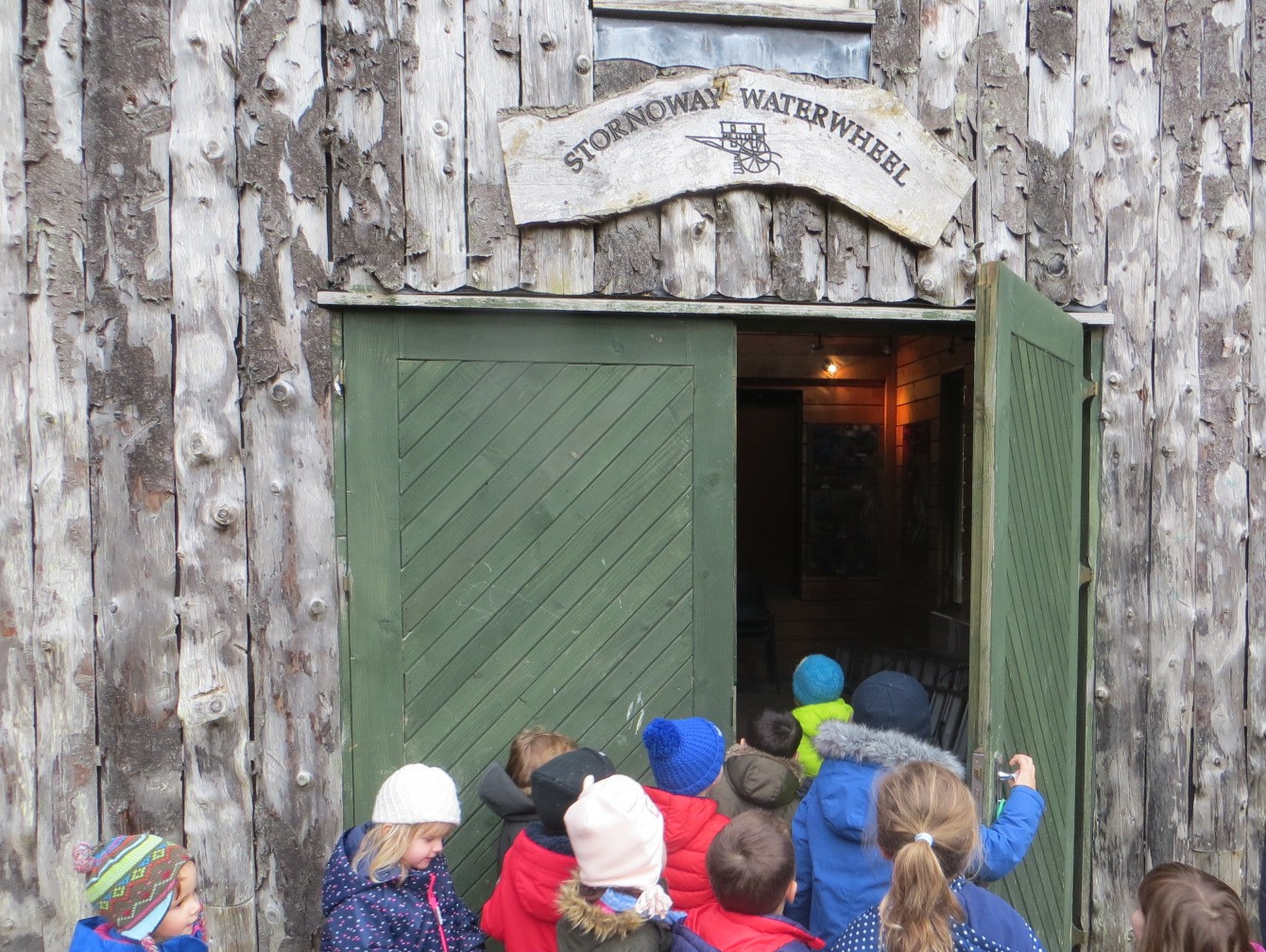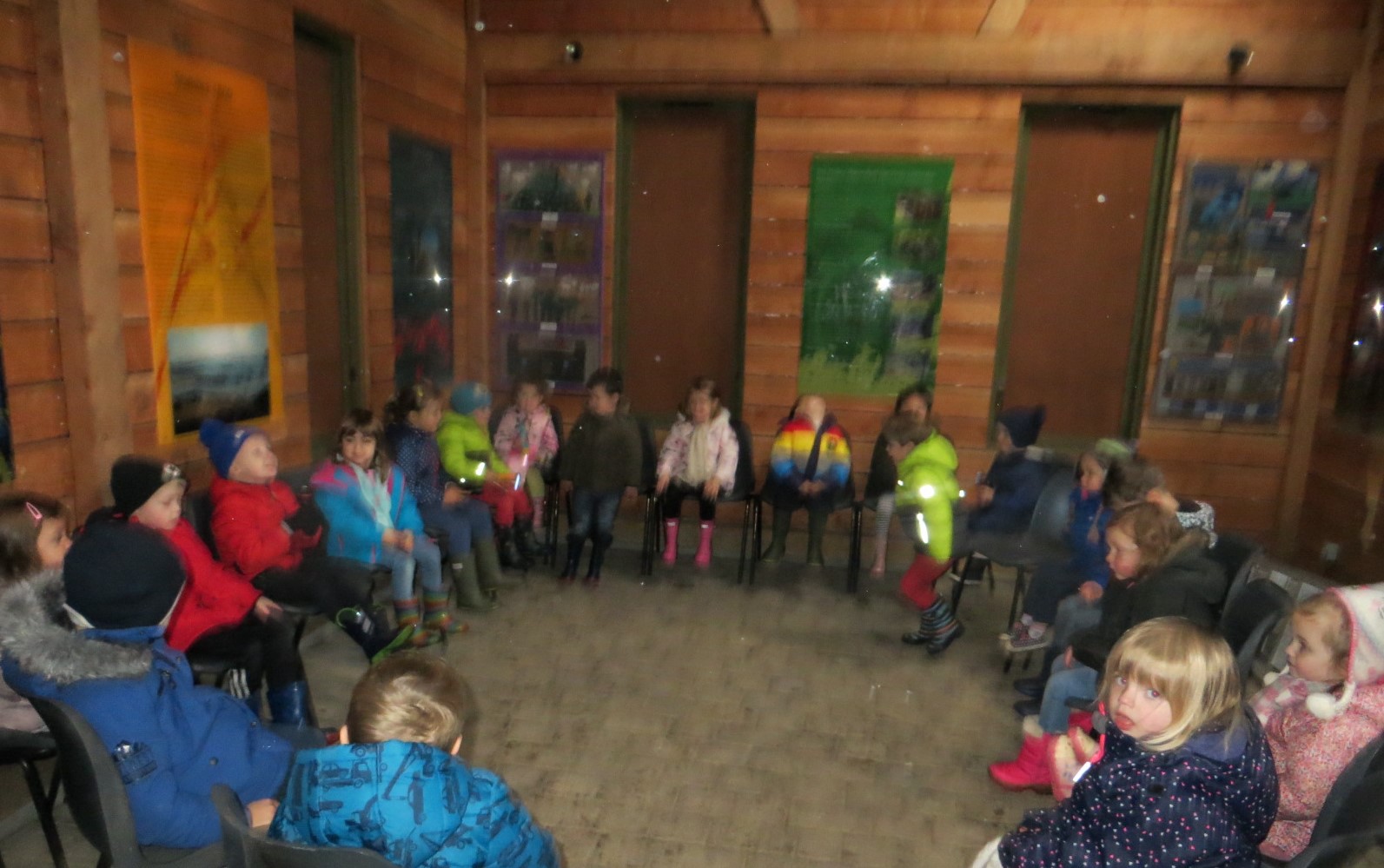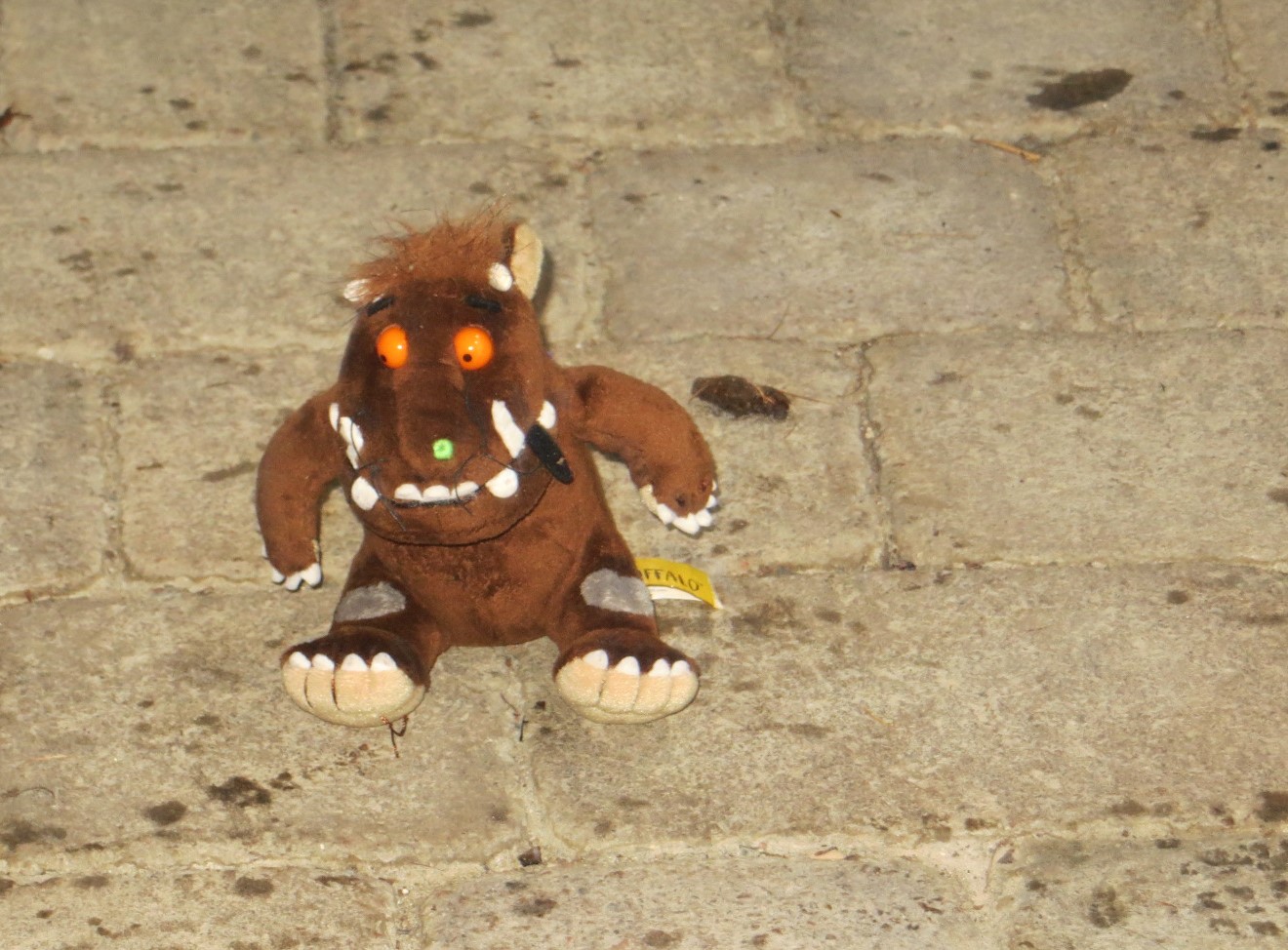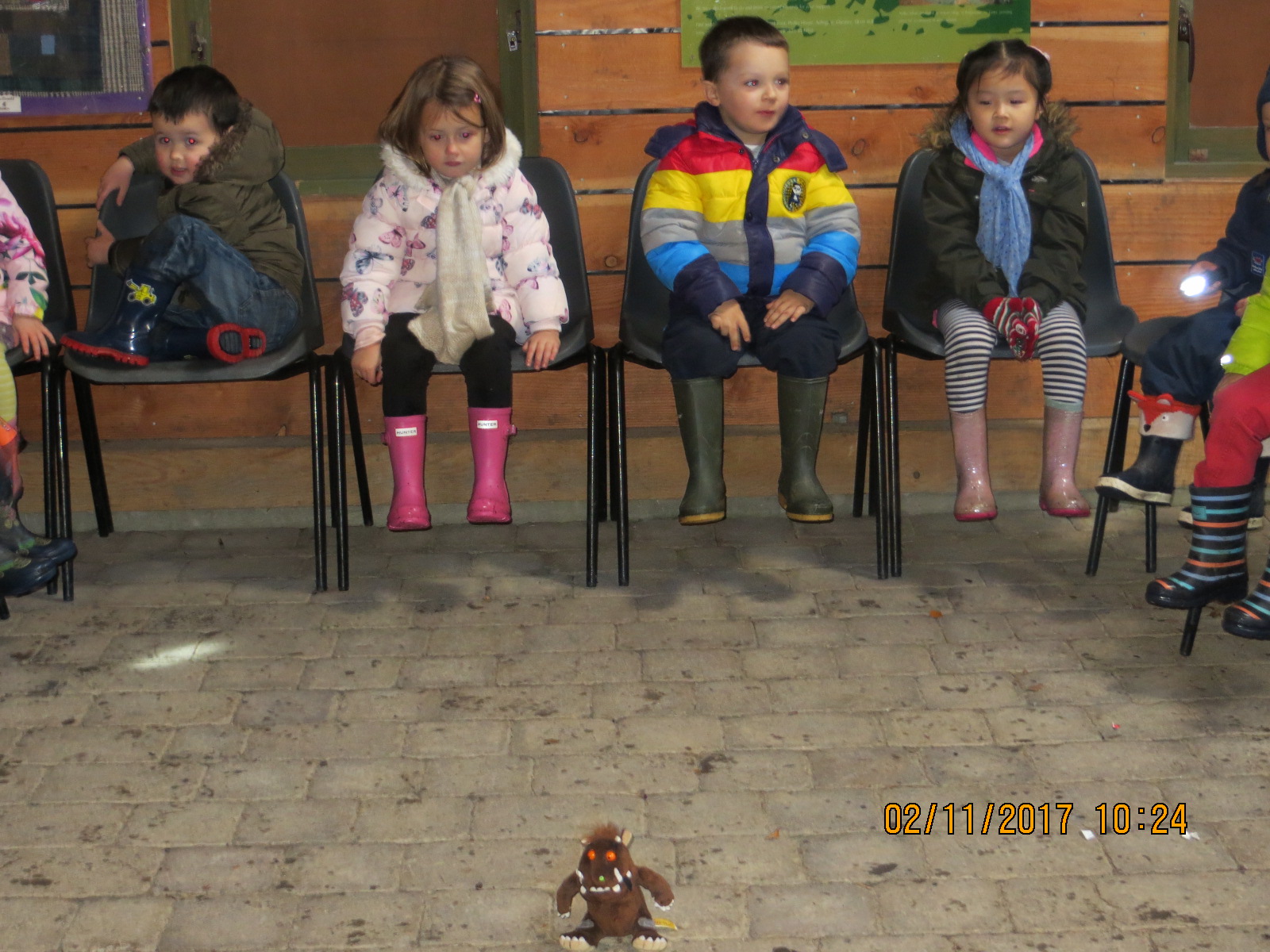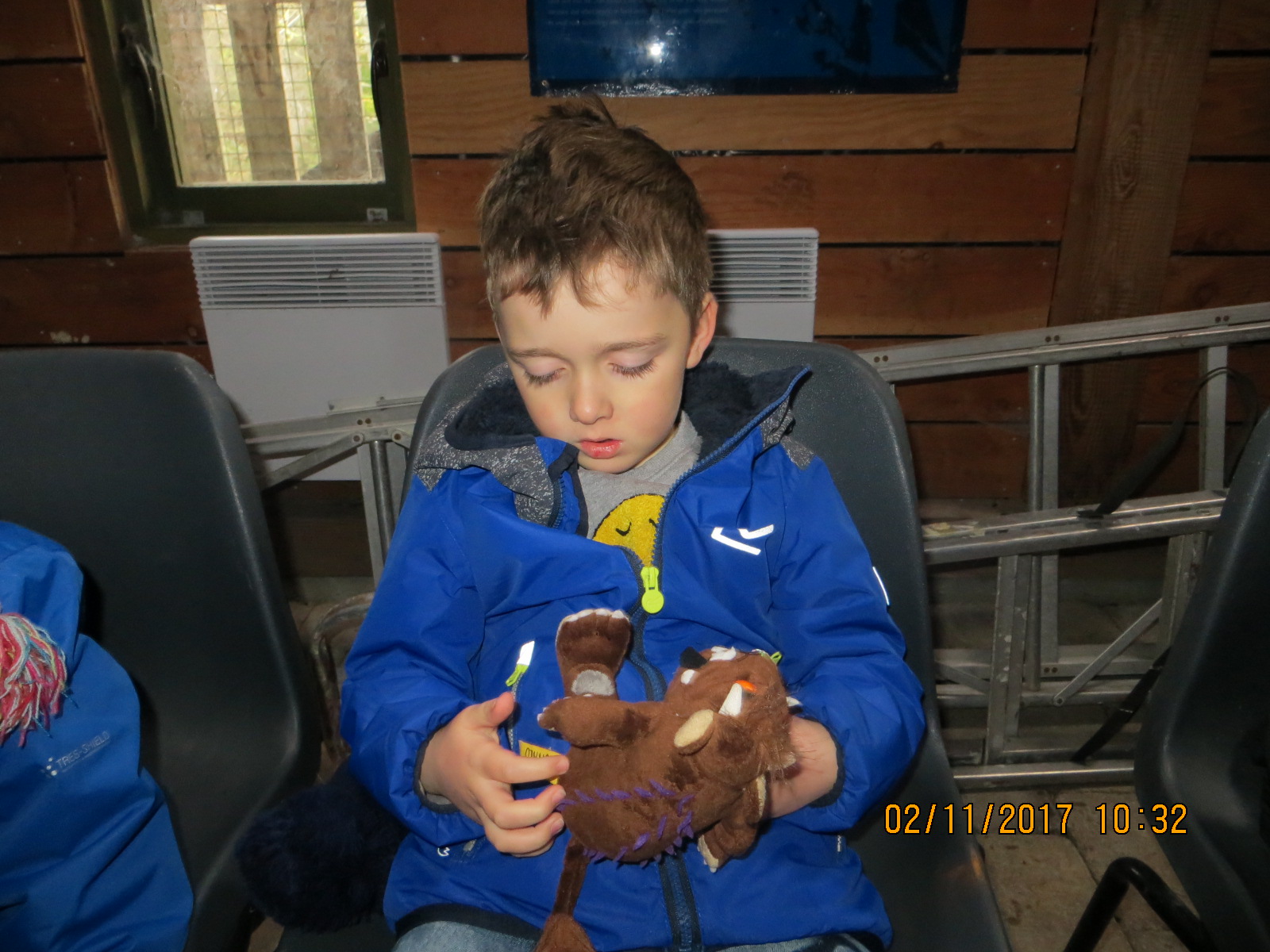On the 20th February, before the evenings got too long, Mrs Mackinnon and her P1-4 class from Sir E Scott Primary came out for a night walk with Isi. They had been reading The Owl Who Was Afraid Of The Dark as the basis for their project for the term, and wanted to experience the darkness for themselves – away from lights and buildings. We walked from the playground area in the Aline woodlands, down to the shores of Loch Seaforth and back again – a long way for little legs!
It was a very cold but calm evening, and the sun had just set as we left the carpark. We found lots of interesting things to talk about on the way, and the children especially liked seeing the snow on the Cliseam and other hills being lit up by the sunset. We spent a few minutes being very quiet to see what we could hear. We didn’t find any owls, but they were all surprised at just how quiet it was. When we got to the picnic bench by the loch, Isi gave everyone hot chocolate or juice, and a biscuit to keep them going for the return leg.
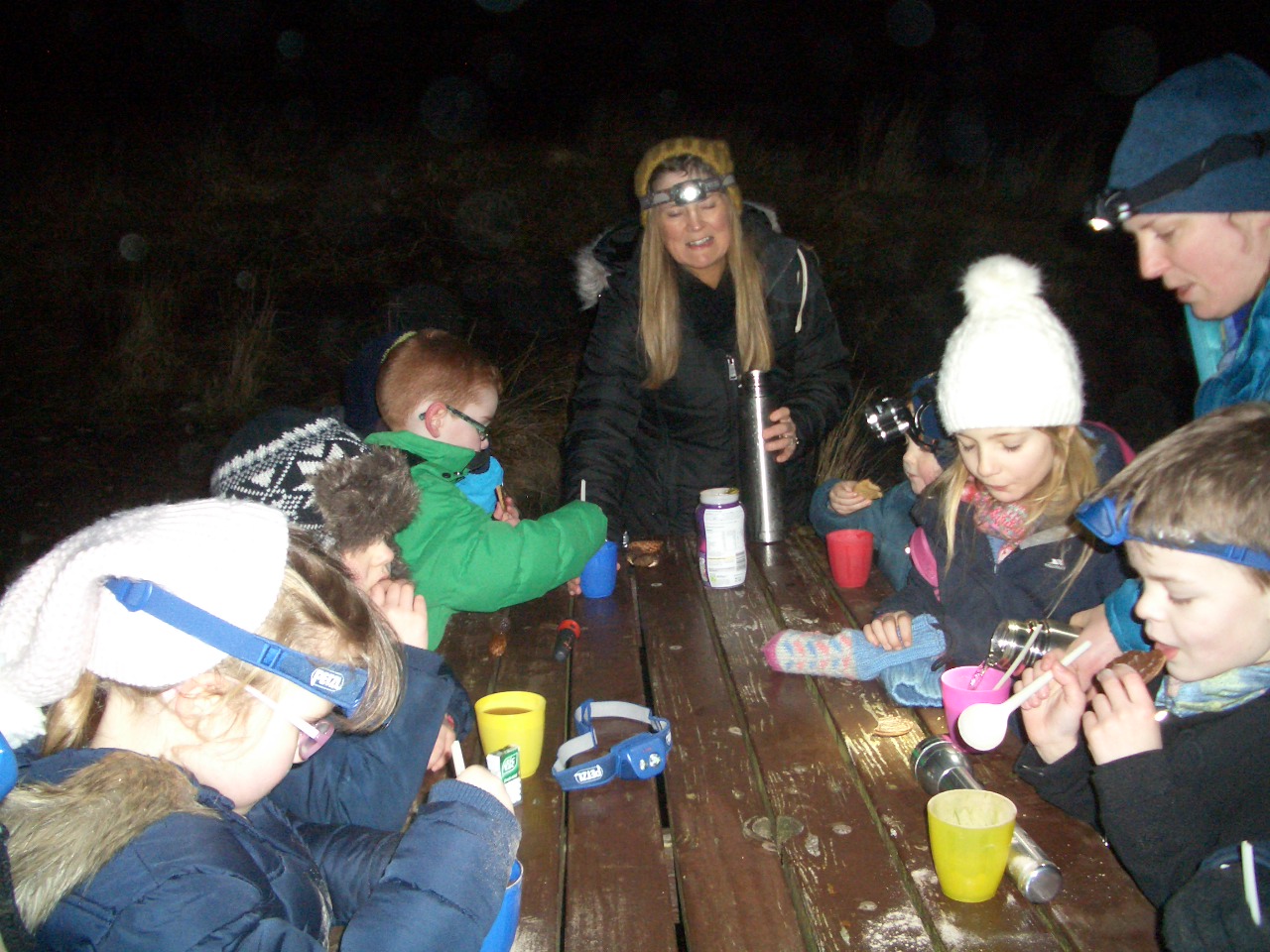
We looked out across the loch, which was very calm and looked like glass. On the way back, we turned off our torches and spent some time looking at the stars. We managed to find the Plough, Cassiopeia, Orion’s Belt, and some pictures the children made up themselves. Isi also had to remember some of her physics from school on the rest of the walk as the children had lots of questions about everything from the moon to black holes!
There were lots of smiling faces when we got back, although I suspect that they all slept well that night.
